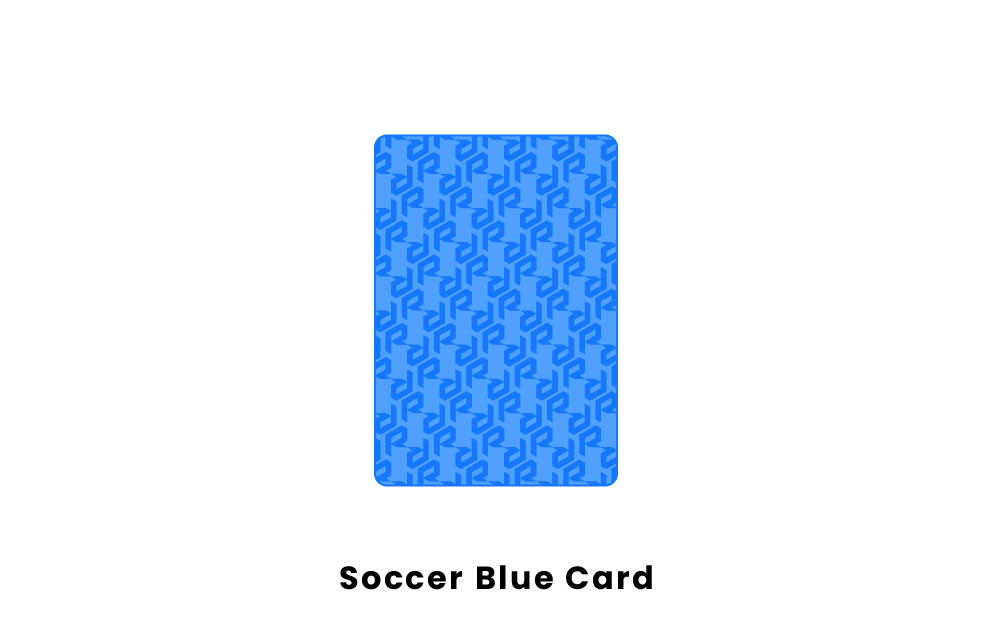
There are many terms used in soccer. Many terms are used in soccer, including offside, goalkeeper and crossing the ball. By the end of the article, you'll know the basic terms that you need to understand the game. The meanings of terms such as Corner-kick and Offside will also be explained. But what do these terms mean? How do you know when it is used?
Offside
In soccer terminology, an offside refers to a player who is within his team's half. If a player is even close to the last defender, he will not be on his own side. This is most often the goalkeeper. However the rules do not specify his name. It is difficult to tell if a player is on his own half or offside. In certain situations, a player can get past the next-to–last defender after receiving a ball from his teammate. This player is considered offside.
Goalkeeper
A goalkeeper can be described in soccer as many things. A goalkeeper has the unique ability, in soccer, to identify the type and size of a ball and react accordingly. In soccer, the goalkeeper's terminology includes the "front post," which refers to a player standing on the goal post to protect the goal. Other terms used by goalkeepers include the "back post," which refers to a player standing on the post to protect the goal, or a spare man in the middle of the penalty box.
Goal
Soccer has many terminology and techniques. Players use terms such as one touch, cross, and outlet pass to help them gain the ball or to play it in the goal. One touch passes are different from toe kicks. These passes are best used when players are in the best position for passing the ball or stealing it. The Dutch, for example, used this terminology during the 1970s. The concept of total soccer emphasizes the continuous movement of the ball, and combines it with more defense to create more scoring opportunities. Touchline, or sideline, is the line that the ball goes over to restart play. Cross can also be used to refer to sending a pass across front of goal.

Crossing the ball
One of the most challenging skills in soccer is crossing the ball. The goalkeeper must be able and willing to move at high speeds to cross the ball. The player must know where other players are and the intentions of the defender. The ability to cross the ball requires quick decision-making and precision. A great winger can be a crucial part of a soccer team. The right combination of a good striker and an effective winger can cause a lot of trouble for the opposing team.
Give and go
The give and return is one of the most basic combinations in soccer. It involves two teammates passing the ball to one another and then using their mobility to run around a defender. Early on, players need to learn how to give and take. It's also used in lacrosse and field hockey. But soccer players often confuse the "wall passing" technique with the "give-and-go".
Direct Kicks Free of Charge
A direct free kick in association football is a common way for play to be restarted. In a game, the opposing team infringes on the laws of the game in some way, which awards the free kick to the opposing team. In this article, we will discuss some of the common rules governing free kicks in soccer. First, let's discuss the reasons for a free kick.
Corner kick
The corner kick in association football is used to restart play. The corner kick is when the ball crosses the goalline, is out-of-play, or was last touched on by a defense. A defender can not touch the ball again, however. The team that has the ball takes the corner kick. Here are some suggestions on when a corner kicked is appropriate. In soccer, the ball should be played in the center of the field, preferably on a flat surface, if at all possible.
Goalie
Goalies speak a unique language. It will be easier for coaches and parents to understand proper terminology using a goalie glossary. Some terms, such "raining net," refers to the way pucks pass through the net. Others refer to the goalie's position and the save selection he/she makes based upon the puck's trajectory. The butterfly goalie refers to goalies who cover the lower end of the net by closing their five-hole. But this doesn't mean that goalies should drop to their knees.

Goalie's job
It's a difficult job to be a goalkeeper in soccer. The goalkeeper is responsible for preventing other players scoring. Every player in soccer relies on the goalkeeper to prevent the ball from reaching the net using all means. Goalkeepers wear specialized gear, including a jersey that is different than other players'. The positioning of the full backs or center backs is also up to him/her.
Goalkeeper's responsibilities
A goalkeeper's duties in soccer include physical blocking of headers and shots. They also need to communicate with their teammates and coordinate the defense structure. A few goalkeepers are also on-field coaches and can give direction to the team. They must also be able to read body language and make quick decisions. Here are some key responsibilities for goalkeepers. These tasks are explained in detail below.
FAQ
How do I play soccer?
Soccer is played with a soccer ball. A typical match involves 90 minutes of continuous action. During the 90 minute match, the ball is kicked continuously. The match ends with the winner being the team that has scored the most goals.
What is soccer?
Soccer is an international sport played by two teams on a rectangular field with a goal at each end. The goal of the game is to score as many goals as possible in order to win. There are rules that govern how the ball is handled and who can play it. Soccer has been around since the late 1800s in England, but was not recognized as a legitimate sport until FIFA (Federation Internationale de Football Association) established its first world championship in 1930. Today, there are more than 200 countries with national federations which manage their own tournaments and leagues. Since 2016, soccer is played by more than 3Billion people in the world.
How do you score in soccer?
Your team must score a goal by getting the ball past your opponent's defense to their goal. Once the ball enters the goal, it becomes a goal. In soccer, goals are worth points.
What is my position on a soccer club?
The coach must select you to be a part of a soccer team. There are several positions within a soccer club. These positions include the goalkeeper, defenders, midfielders, forward, and goalie. Each player has their own responsibilities.
What is a Goal Kick?
Goal kicks occur when a player places the ball over the crossbar and into the net. Goal kicks often are called "golden moments." A long-range shot from just beyond the goal would be an excellent example of a gold opportunity.
What happens after a goal in soccer has been scored?
The opposing team has the right to take a free kick after scoring a goal. The defending team may be allowed to take a free kick if they commit fouls during play. After the free kick is taken, it may result in another goal being scored.
What is the role of a defender in soccer?
Defenders usually defend against attackers trying to score goals. Defenders attempt to keep opposing players out of scoring positions by attacking them and blocking shots.
Statistics
- the estimated cumulative television audience for the 2006 World Cup in Germany was 26.2 billion, an average of 409 million viewers per match. (en.wikipedia.org)
- From the 1850s onward, industrial workers were increasingly likely to have Saturday afternoons off work, and so many turned to the new game of football to watch or to play. (britannica.com)
- The word "soccer" is a British invention that British people stopped using only about 30 years ago, according to a new paper by University of Michigan professor Stefan Szymanski. (businessinsider.com)
- At the 2018 FIFA World Cup, Belgium playmaker Eden Hazard, renowned for being difficult to dispossess, set a World Cup record for successful dribbles completed in any World Cup game since 1966, with a 100% success rate in ten dribbles against Brazil.[10] (en.wikipedia.org)
- Even with the new issuance, control of the club will be retained by the Glazer family as they will retain 67% of B shares which have voting power, so little will likely change in the general approach taken to the finances of the club. (sites.duke.edu)
External Links
How To
How to improve passing in soccer
One of the most important skills in football is passing. This involves passing the ball between players while still having possession. The ability to pass accurately and quickly is essential to success.
You must be able to identify the different types of passes available and when they should occur. These passes should be practiced until they become second nature. There are four major types of passes: long balls, short passes and through balls. Short passes are usually made at close range and are usually made to move the ball forward. Long balls are thrown out towards the opponent's penalty area. Through balls can be passed directly into the pitch's middle, and through passes to another team member are used to pass the ball to your goalkeeper.
It is important to make a pass quickly and ensure that your teammate has enough space to receive the ball. If your teammate does not have enough room to receive the ball, he may lose his balance or even fall down, thus losing control of the ball. Always cover your teammates when playing defense. This will prevent your opponents from attacking you.
Another thing you need to remember is not throwing the ball away. Tossing the ball away can make it more difficult to score, as opposing players may take advantage of your error. Always look out for goals scoring opportunities. Any gaps in your defense should be exploited.
Playing better is possible by practicing daily. For the next match, practice some drills. Make sure that you warm up properly before a game starts. Then, give it your all during the game. Keep your head calm and cool. These are important to help you perform well during a match.